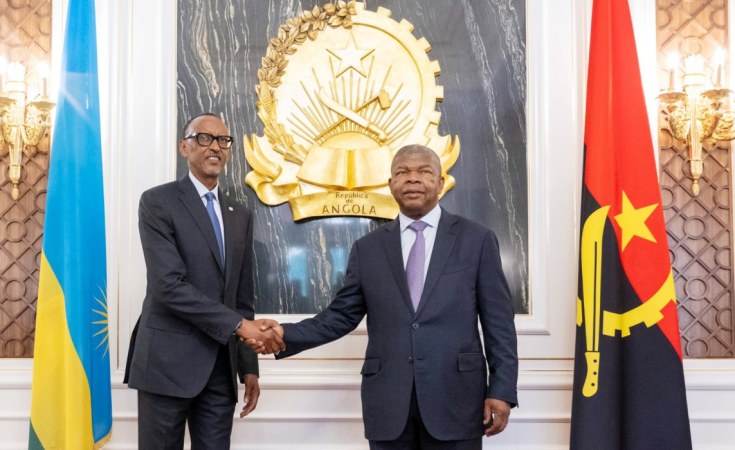The recent seeming change in the US stance on the security crisis in the Democratic Republic of Congo (DR Congo) raises alarming questions about the former's commitment to genuine solutions and can potentially perpetuate the very instability it claims to oppose.
ALSO READ: Rwanda ensures defence measures amid 'serious threat' from DR Congo
Just weeks ago, the US rightly identified the genocidal group FDLR as one of the central actors in the violence and provided a clear course of action of the same, only to seemingly downplay their role in a new twist, and amplify the Congolese government's narrative pointing fingers at Rwanda.
This inconsistency not only undermines trust but also plays into the hands of those seeking to externalise their problems rather than address the root causes of a conflict that is essentially an internal Congolese problem.
ALSO READ: FDLR integration into DR Congo army must be addressed - Kagame
For over three decades now, DR Congo, especially the eastern part, has been trapped in a vicious cycle of violence, characterised by a systematic state-sponsored campaign to annihilate a community of Congolese nationals.
Yet, Kinshasa's consistent tactic has been to deflect blame, painting neighbouring countries like Rwanda as the source of its woes and with no proof. This deflection game has proven devastating for civilians caught in the crossfire, while allowing the true perpetrators to continue their reign of terror.
ALSO READ: M23 rebels threaten to march on key town in eastern DR Congo
The US, through its shifting positions, risks becoming complicit in this charade. By downplaying the FDLR's role and seemingly legitimising the Congolese government's finger pointing, it fails to pressure Kinshasa to address its own shortcomings. These include endemic corruption, a dysfunctional security apparatus, and a lack of political will to tackle the root causes of conflict.
Instead of perpetuating this unhelpful narrative, the US should back the well-designed regional-led processes that Kinshasa has consistently undermined. These processes, such as the Luanda and Nairobi agreements, offer a genuine pathway to peace by focusing on internal reforms, disarmament, and inclusive dialogue.
ALSO READ: Kagame, regional leaders meet in Addis to address root causes of DR Congo
The road to peace in the DR Congo is clear, but it requires consistent and principled engagement from the international community. The US, in particular, must be an honest broker and resist the pressure to play into the blame game and instead hold the Congolese government accountable for its own actions.
Only then can the cycle of violence be finally broken, and the Congolese people have a chance to build a peaceful and prosperous future.
The true path to peace lies not in externalising blame, but in holding all actors accountable and supporting regional-led initiatives that address the root causes of conflict.


